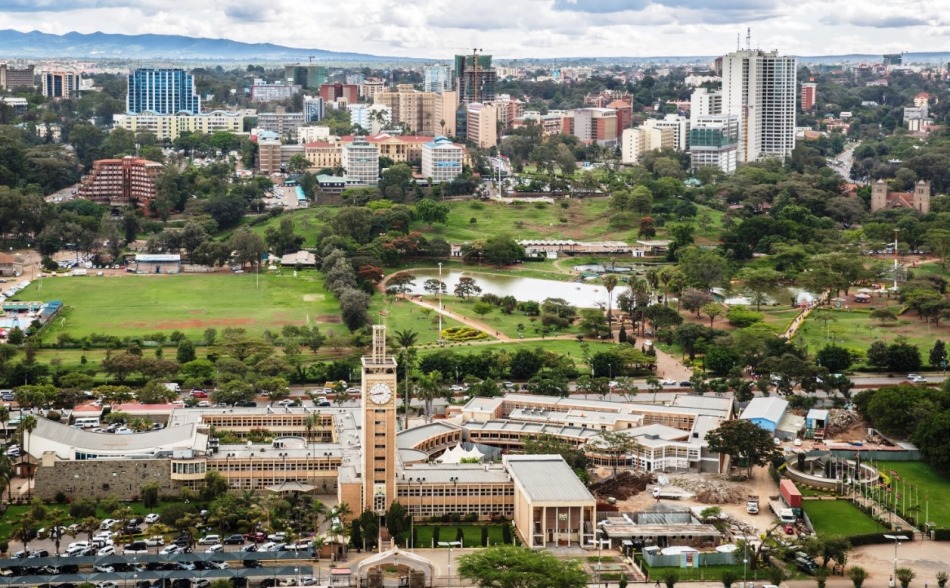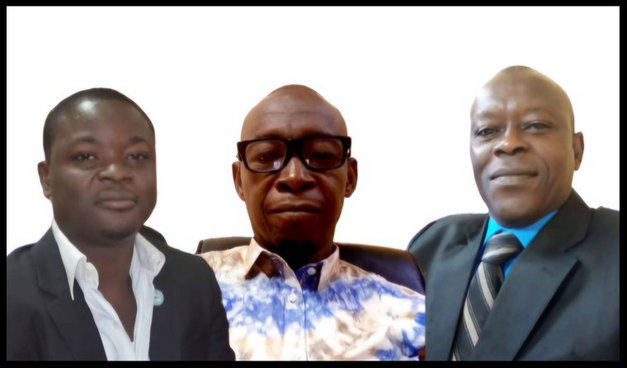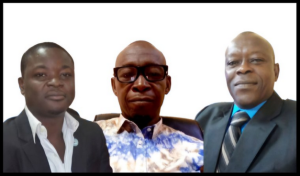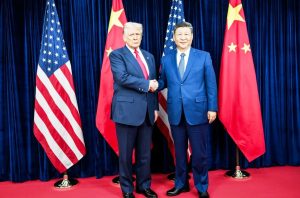National Assembly. PHOTO/UGC.
By DR. SETH WETOYI ADAMS
Let me speak plainly, our Parliament has been bullied, and bent so far backwards by the Executive, it can no longer stand for the people.
Kenya’s Parliament, the supposed guardian of the people, has been sold off, silenced, and reduced to a pathetic rubber stamp for the Executive.
A Parliament that was once the bedrock of democracy has become a soulless auction house, where laws are bartered for “development” and silence is traded for handshakes behind closed doors.
This isn’t merely a political crisis. It is a betrayal. It makes me sick. And it should make every right thinking Kenyan furious.
Our ancestors struggled for independence. Our generation fought for multi-party democracy. Yet here we are: a captured Parliament, dancing to the whims of the Executive, its spine snapped by greed, its duty to the people disfigured beyond recognition.
How did we get here? More importantly, how do we dismantle this rotten edifice and build something worthy of the name Parliament?
Let’s stop dressing it up. When MPs are involved in legislative corruption, it is not “political pragmatism.” It is theft, plain and brutal. Theft of public trust, of democratic process, of national destiny. And it must be treated as such.
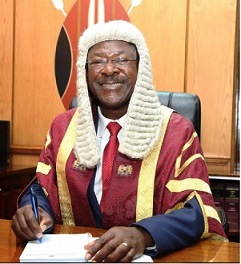
National Assembly Speaker Moses Wetangula. PHOTO/UGC.
We need iron-clad anti-bribery laws governing Parliament, enforced not by toothless committees but by independent, empowered watchdogs. The Ethics and Anti-Corruption Commission (EACC) and the Office of the Director of Public Prosecutions (ODPP) must be granted full prosecutorial independence and aggressively pursue vote-buying within the House.
Any MP caught taking a bribe to vote a certain way should face criminal prosecution, automatic expulsion from Parliament, and a lifetime ban from public office. No political shielding. No drawn-out commissions. No scapegoats. Just consequences.
Ghana, though not perfect, has dared to confront internal legislative corruption. If they can do it, why can’t we?
If we truly believe in accountability, then voting records must be made public, every single one. Parliament must adopt roll-call voting on all major legislation, particularly on constitutional amendments and the national budget. These records must be published online, easily accessible to all.
This transparency would rip away the mask of anonymity and force MPs to own their choices. If they vote to raid the Treasury or gut the Constitution, let the whole country know. Let their constituents judge them not by what they say at fundraisers, but by what they do in the House.
They’ll think twice about betrayal when they know their constituents are watching.
One of the most corrupting forces in our politics is presidential patronage. MPs are rewarded with Cabinet posts, parastatal appointments, or shady access to development funds, not for competence, but for compliance. This must end.
Development is not a political favour, it is a constitutional right. The Constituency Development Fund (CDF) and bursary schemes should not be personal gifts dispensed by MPs as political currency. All public projects must follow a transparent, needs-based national development plan, not “handshake deals” made in dark corridors.
If MPs want to play project manager, let them resign from Parliament and start an NGO.
Parliament must be held to account by more than just public outrage. We need an independent Parliamentary Ethics Tribunal, answerable not to the Executive, but to the Judiciary or a strengthened Ethics Commission.

Senate Speaker Amason Kingi. PHOTO/UGC.
Its mandate must be clear: investigate unexplained wealth, expose conflicts of interest, and punish unethical conduct. And it must have power; power to summon, to prosecute, and to punish.
No more cosy internal investigations. No more slaps on the wrist.
Kenyans must abandon the deeply flawed belief that MPs are supposed to “bring development.” That is not their role. Their mandate is to legislate, represent, and provide oversight; not to build toilets or fundraise for funerals.
We need a mass civic education campaign to reset public expectations. Citizens must use Article 118 of the Constitution to petition Parliament, appear before committees, and demand answers. And we must use Article 104 to recall MPs who betray the public trust.
Let’s be clear: if you vote for a thief, and then do nothing, you’re complicit.
Political parties are failing us. They have become vehicles for personality cults and cash-driven alliances. Internal party democracy is non-existent. MPs routinely vote against their party manifestos and the public interest for personal gain.
This must be reversed. Parties must enforce their codes of conduct and discipline errant members. Internal ethics committees must be activated; not as showpieces, but as functioning organs of accountability.

Dr. Seth Wetoyi Adams. PHOTO/UGC.
The fight against a compromised Parliament needs allies. We must support investigative journalists, back non-profit watchdogs, and fund civil society organisations tracking legislative behaviour.
We must expose their votes, track their wealth and publish committee attendance records and document every broken promise. The more light we shine, the less room there is for darkness to thrive.
Make no mistake, this is not a policy issue. It is a national emergency. A Parliament that no longer serves the people is a clear and present danger to the republic.
To rescue our democracy, we must: Enforce anti-corruption laws with real, biting consequences, make parliamentary voting records public, break the toxic cycle of patronage and empower civil society and voters to hold MPs accountable.
Kenya will not be saved by whispered prayers and polite pleas. It will be saved by audacious, unapologetic, citizen-led action. The days of deferential politics are over.
If Parliament won’t fix itself, then we, the people, must damn well force it to.



